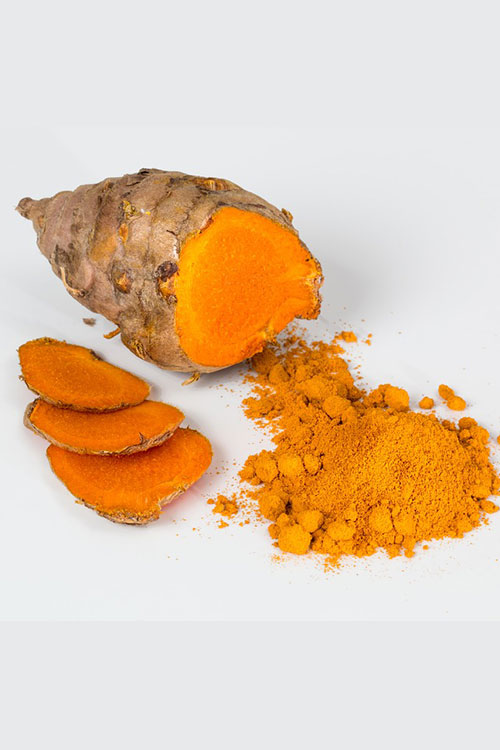Turmeric
Turmeric
Turmeric‘s beautiful bright yellow root has led to its nicknames ―the golden spice and ―Indian saffron. It has graced countless cultures around the world with its gorgeous colouring, unique aroma, and unmistakable flavour. Nigeria turmeric is reputed to contain more than 100 astounding chemical compounds that contribute to its ability to help treat conditions from stomach aches to respiratory illness. These chemical compounds are what make turmeric unique. Most importantly, turmeric contains curcumin, which is a polyphenol. Polyphenols are organic chemicals that have been shown to have anti-inflammatory properties.
Turmeric is cultivated in 19 states including Plateau State. It is known as the ‘Golden Spice of Life’. It has a warm bitter taste and is frequently used to flavour or colour curry powders, mustards, butter and cheeses. The root is widely used to make medicines. It contains a yellow-coloured chemical called curcumin, used to colour food and cosmetics.
Turmeric is known for its numerous benefits and advantages. For instance,
- Dye: turmeric (coded as E 100 when used as a food additive) is used to protect food products from sunlight.
- Indicator: turmeric paper is paper steeped in a tincture of turmeric and allowed to dry.
- Regulation of inflammation: turmeric contains anti-oxidants that can be used to regulate the body’s inflammatory mechanism.
- Lower risk of heart disease: can reduce inflammation and oxidation which have been linked with diseases.
Nigeria is the fourth largest producer of turmeric, with about 3% of annual global production. However, it is not among the largest exporters due to several factors such as the inability to meet quality standards and other requirements



